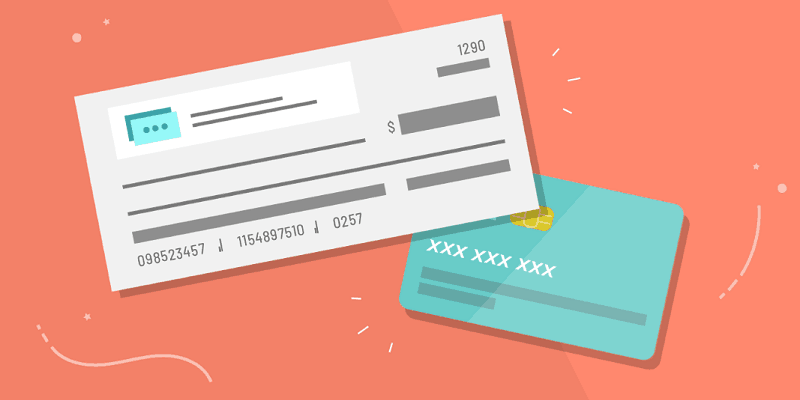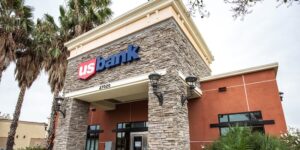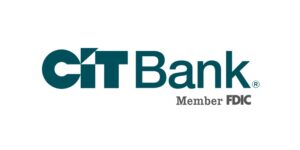 Opening and maintaining a checking account may seem like a very simple aspect when it comes to money management. However, it’s good to note that there’s a lot more to it and possibly some confusion.
Opening and maintaining a checking account may seem like a very simple aspect when it comes to money management. However, it’s good to note that there’s a lot more to it and possibly some confusion.
You checking account receives a lot of action throughout the month: bill payments, some direct deposits, and possibly your routinely trip to the ATM.
It’s very common for these payments to get misaligned – especially if you encounter unexpected or higher-than-usual expenses.
Given this information, it’s important to avoid stress inducing low balances in your checking account that can result in your shelling out more money for overdraft fees. This is where we introduce you to the cash cushion – a buffer in your bank account to ensure that you balance should never dip too low. In response to that, you should never store too much money in your checking account, an account where your money can’t grow.
If you’re in need of knowing the sweet spot of your checking account, be sure to continue reading this post to learn more!
 |
 |
 |
How Much Money Should I Keep?
Finding that golden ratio for your cash cushion is a feat worth overcoming. However, it can also act like a double-edge sword. It’s easy for people to put in just too little or just too much.
Some people feel as if they’re living paycheck-to-paycheck, because of their low balance. Others are overly cautious and store too large of a buffer, resulting in money sitting around and not growing. The best rule of thumb we can recommend is storing the equivalent of one month of your take-home pay in your checking account.
In the event of an emergency, you’ll be given a 30-day cushion to sort things out in your checking account. It also acts as a safeguard from overspending and overdraft fees.
Bank such as Chase Bank, HSBC, Huntington, and Discover Bank, offer great tools and customer service to to help with financial management!
How To Protect Your Checking Account
There are 5 steps that can be taken to protect your checking account from being hacked:
- Use your credit card for a majority of purchases. Credit cards have better fraud protection and don’t give a thief direct access to your money.
- Check out our list of the best credit cards that we can recommend.
- Only use ATMs inside a bank.
- Cover your hand when punching in a pin associated with your debit card. Hackers will often put cameras in compromised ATMs to get your pin information.
- Set up text alerts for your account balances and transactions.
- Understand your bank’s liability policy associated with a checking account.
Conclusion
Don’t forget the golden rule: store at least one months worth of take-home pay as a comfortable cash cushion in your checking. Afterwards funnel all extra cash into high yield savings accounts or money market accounts.
Banks such as TD Bank, BBVA Compass Bank, and CIT Bank, offer great high yielding savings accounts as well as a variety of checking accounts to suit your needs.
If you love finding posts like this, be sure to check out more on BCS!



